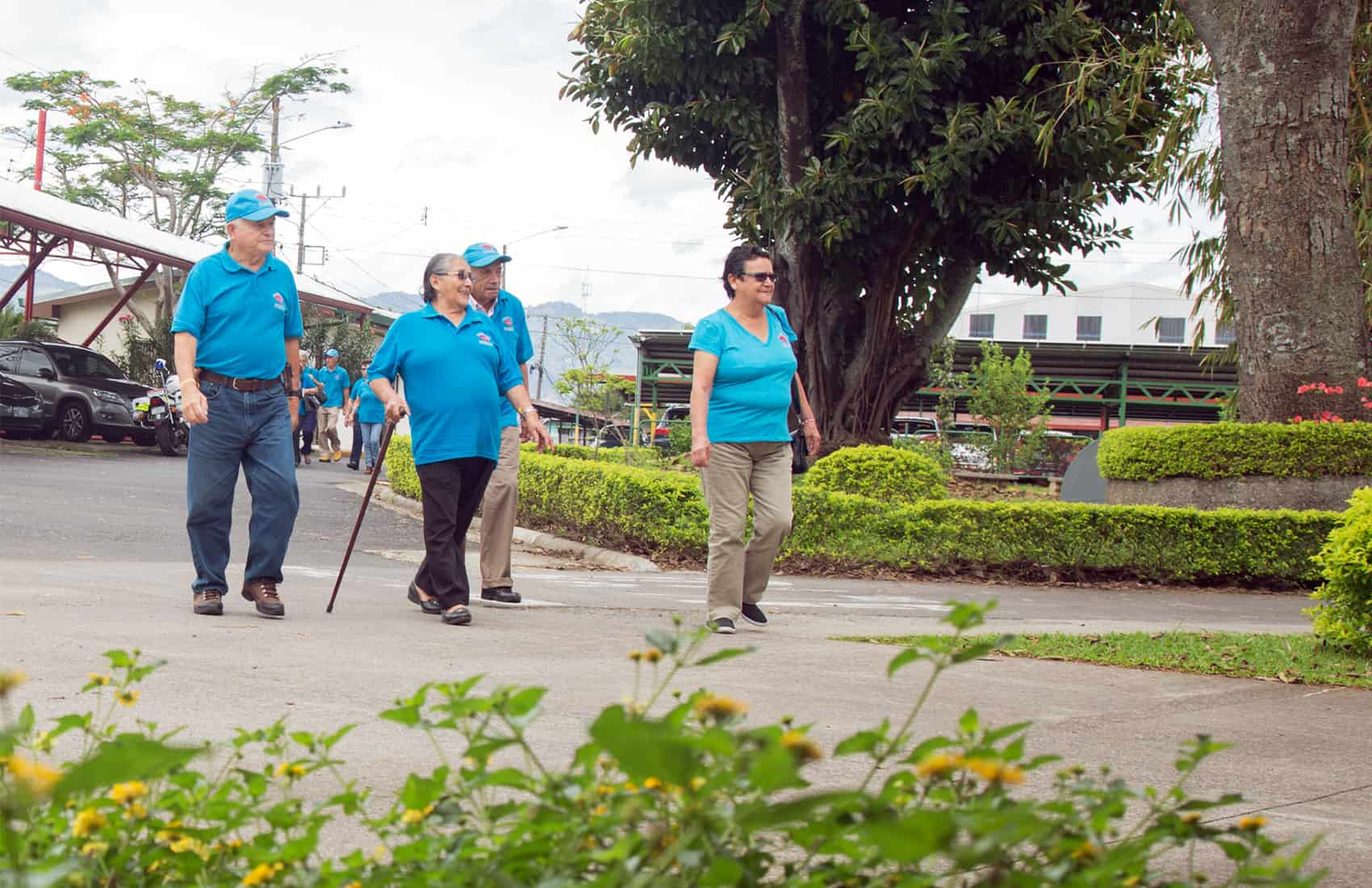A study by researchers from the University of Washington found that over the past decade, the average Costa Rican added a full year of healthy living to his or her life expectancy.
The study showed an increase in the country’s results in an indicator known as the Healthy Life Expectancy (HALE). The HALE measures health indicators across countries and time, and represents the years a person enjoys good health without physical problems.
Results are part of the Global Burden of Disease Study 2015 that the university’s Institute for Health Metrics and Evaluation (IHME) disclosed last week. Research includes results for 195 countries.
In 2005, Costa Rica had a Healthy Life Expectancy of 69.2 years, while in 2015 the figure rose to 70.2 years. Ticos’ total life expectancy, according to the Social Security System, or Caja, is 79 years. The difference between the two figures suggests that the average Costa Rican spends nine years of life coping with disease, depression or the consequences of accidents or chronic illnesses.
The IHME’s research also found that Costa Rican women enjoy more years of good health. The Healthy Life Expectancy for women is of 71.85 years, while for men is of 69.23 years. However, men showed more improvement over the ten-year period: the Healthy Life Expectancy for men increased by 1.23 years, and by 0.85 years for women.
Both figures are better than the world average of 64 years: 61 years for men and 67 for women.
The research
IHME researchers calculate the Healthy Life Expectancy by summarizing both mortality and non‐fatal outcomes. The most recent evaluation took into account data of 315 illnesses and 49 risks factors by country, sex, and age group from 1990 to 2015.
Researchers analyzed how many people die, at what age, and what illness or accident caused their deaths. They also took into account how many people are still alive but without enjoying full quality of life.
In the case of Costa Rica, the study found that diseases that most affect quality of life are heart disease, back pain, depressive disorders, hearing loss and diabetes.
Caja Executive President María del Rocío Sáenz said on Monday that the results of the study confirm that the country is properly addressing the main risk factors affecting the population’s quality of life.
She noted that study results show the country is getting closer to the National Development Plan’s goal of reaching a national life expectancy of 70.49 years by 2018.
Pending work
According to Sáenz, the results validate the Caja’s current strategies and programs aimed at seeking a comprehensive approach to chronic diseases such as cardiovascular disease or diabetes, as well as programs to address mental and behavioral disorders across the country. She also highlight media campaigns to combat smoking and to improve eating habits, mental health and physical activity levels.
However, Sáenz added that the country still needs to expand its efforts to promote healthy living, particularly young people.
Jacqueline Castillo Rivas, a Caja expert surveyed in the IHME study, agreed that work is still needed to curb bad habits such as sedentary lifestyles, excess weight and stress.
“[We must] also promote improvements in appropriate rest, sleep and recreation periods,” she said.








